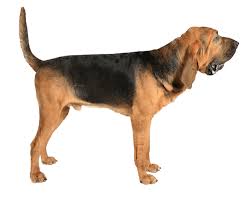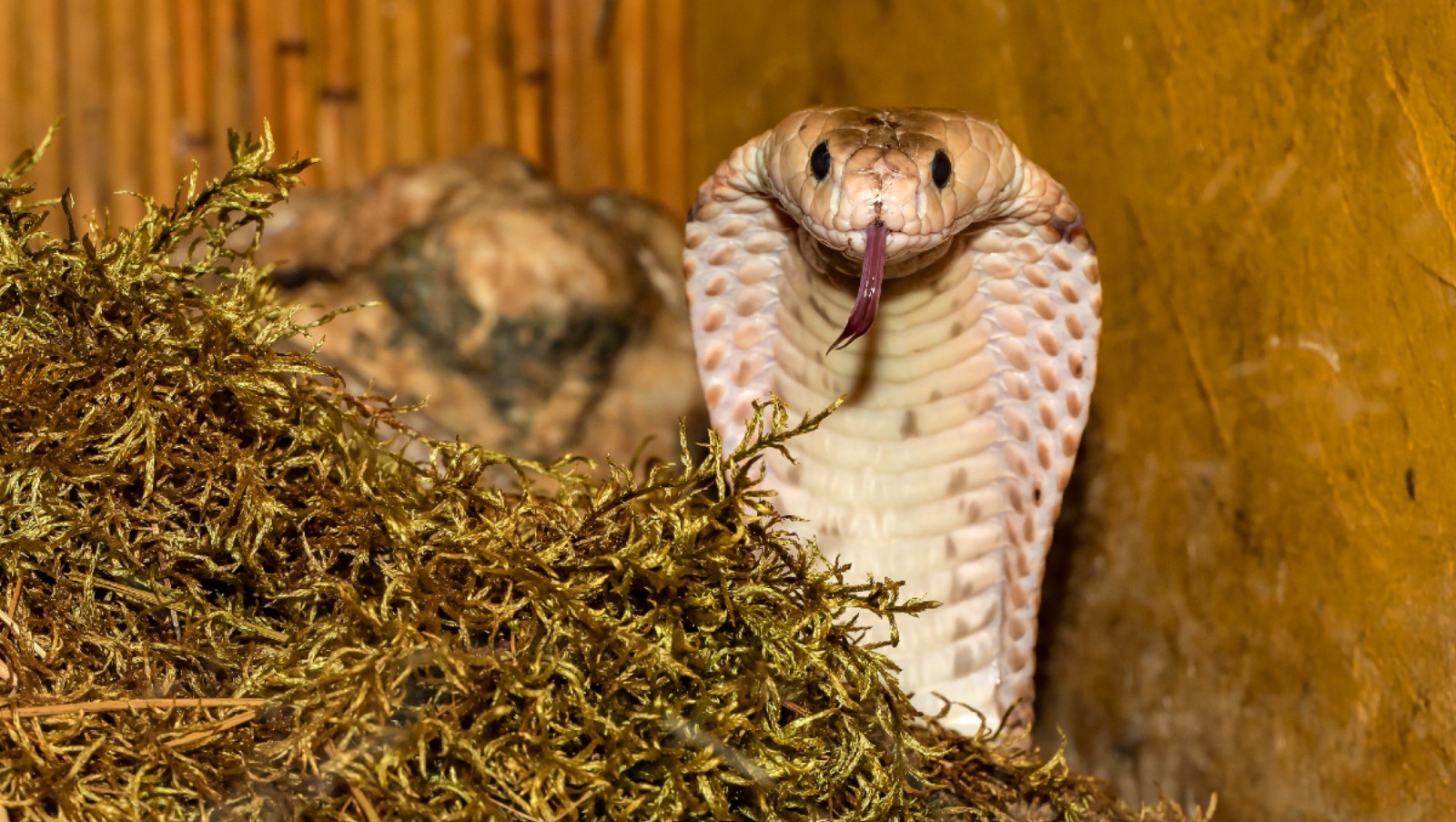
Sleuth hound
Conditions of detention
Bloodhounds thrive in environments where they have plenty of space to roam and explore. They are best suited for homes with large yards or access to open areas and do well in both urban and suburban environments if their exercise needs are met.
Useful Fact: Due to their high energy levels and need for physical activity, Bloodhounds are not ideal for apartment living unless they receive ample exercise.
Nutrition and diet
A balanced diet rich in high-quality proteins, fats, and essential nutrients is crucial for the Bloodhound. Their diet should support their active lifestyle and maintain their overall health.
Useful Fact: Monitoring portion sizes and providing a diet appropriate for their age, weight, and activity level helps prevent obesity and maintain optimal health.
Health
Bloodhounds are generally healthy dogs with a lifespan of 10-12 years. However, they can be prone to specific conditions such as hip dysplasia, elbow dysplasia, bloat (gastric dilatation-volvulus), and ear infections due to their long, floppy ears.
Useful Fact: Regular veterinary check-ups and being aware of breed-specific health issues can help manage and prevent potential problems.
Grooming and care
Bloodhounds have a short, dense coat that is relatively low-maintenance. Regular brushing helps remove loose hair and keep their coat healthy. Their ears require regular cleaning to prevent infections.
Useful Fact: Due to their long ears, it’s important to check and clean their ears weekly to prevent ear infections.
Education and training
Bloodhounds are intelligent but can be independent and stubborn. Consistent, positive reinforcement methods work best for training.
Useful Fact: Early socialization and obedience training are crucial to develop good behavior and ensure they are well-adjusted adults. Bloodhounds are known for their persistence and determination when on a scent trail, so recall training is particularly important.
Toys and entertainment
Interactive toys, puzzle games, and activities that stimulate both their mind and body are ideal for keeping a Bloodhound entertained.
Useful Fact: Bloodhounds enjoy activities that challenge their exceptional sense of smell, such as scent-tracking games and nose work.
Safety
Ensure your home and yard are secure, as Bloodhounds have a strong prey drive and may wander if they catch an interesting scent.
Useful Fact: Microchipping your Bloodhound can help ensure their safe return if they ever get lost.
Accessories
Sturdy collars, harnesses, and leashes are necessary for daily walks. Grooming tools like brushes and ear cleaning supplies are also essential.
Useful Fact: High-quality, durable chew toys can help maintain their dental health and provide mental stimulation.
Socialization
Early and regular socialization with other dogs, animals, and people is crucial for a well-rounded Bloodhound. This helps in developing a friendly and confident demeanor.
Useful Fact: Puppy classes and regular playdates with other dogs can enhance their social skills and reduce shyness or aggression.
Travel and Transportation
Bloodhounds adapt well to travel, but ensuring they are comfortable and secure in a car or crate is important for safety.
Useful Fact: Gradual introduction to car rides and providing familiar toys or blankets can ease travel anxiety.
Behavior and psychology
Bloodhounds are known for their loyal, friendly, and determined nature. They thrive on companionship and mental stimulation, making them loyal and engaging pets.
Useful Fact: Mental exercises, such as learning new tricks, can prevent boredom and associated behavioral issues. Bloodhounds are known for their drooling, especially after drinking water, so be prepared for a bit of a mess.
Legal aspects
Owning a Bloodhound may require specific licenses or adherence to local regulations regarding pet ownership. Ensure your dog is registered and vaccinated according to local laws.
Useful Fact: Familiarize yourself with breed-specific legislation in your area to avoid any legal complications.


